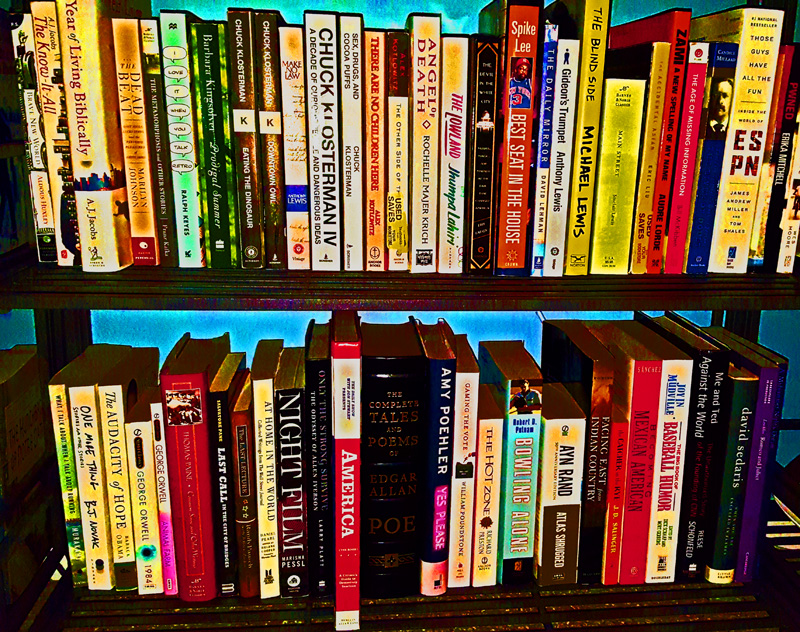“Tell me what you think. I got 30 pages in and I’m close to giving up.”
My friend emailed me that in reference to Dave Eggers’ “Heroes of the Frontier.” I was on page 25 at the time, and I could definitely understand the sentiment.
I’m not one to quit books. I know there are wildly varying opinions on such a move. My mom, for example, told me she has no problem cutting her losses and moving on to something she will like better. But for some reason, I have a hard time doing that. The closest I’ve come was with Hemingway’s “A Farewell to Arms” and its extended scenes quoting multiple characters with little idea of who they even are.
Seeing there was a new Eggers book was basically a slam dunk purchase decision. I usually love his books, from “A Heartbreaking Work of Staggering Genius” to “Zeitoun” and “What is the What.”
This story of a woman named Josie who flees from Ohio to Alaska with her kids to get away from problems with her dental practice and the children’s father is most definitely a slog. It does get better as time goes on, but the early stages are rough. Mainly the issue is a repetitive reference to Josie’s problems in a way that really should just turn into explaining them. They are not the kind of thing that is a cliffhanger for later, but rather a key to her motivations.
Her actions also end up seeming a little overblown, making the payoff of learning that info less rewarding when it does come.
But there is a true light in this story. Her name is Ana. She is Josie’s daughter, and features in almost all of the pieces of this book I flagged while reading. Just soak up this description:
“And there was Ana, only five, a constant threat to the social contract. She was a green-eyed animal with a burst of irrationally red hair and a knack for assessing the most breakable object in any room and then breaking it with incredible alacrity.”
She had me at “constant threat to the social contract.” You know right then and there this is a kid who is going to stir up some fun. Later on comes the revelation that Ana often walks around yelling things like, “You want this?”
“These confrontational phrases she insisted on yelling to rocks, trees, birds. She often spoke disrespectfully to inanimate objects, and often walked around practicing gestures, facial expressions, like a clown preparing backstage.”
Let’s ditch the rest of the storyline and get this girl her own reality show.
While reading this book I also began watching the show Shameless, which features a family in Chicago with a drunk absentee father, a mom who is not in the picture, and a daughter who is largely holding together the day-to-day existence of her sister and three brothers.
This did not help my lack of empathy for Josie. By contrast, Fiona is so much more about getting things done and facing problems head-on. The kids in the show are quite excellent too (shoutout to Carl).
I will give Josie credit for this imagery related to her journey away from home and the idea of physically moving yourself outside of someone’s bubble of negativity.
“She thought of Evelyn’s son-in-law, the lawyers, all their devious eyes, and she thought, I flew north of your anger. I flew away and felt none of it. I was gone. I am gone.”
Next time you make me mad, I will simply fly north of your anger.
